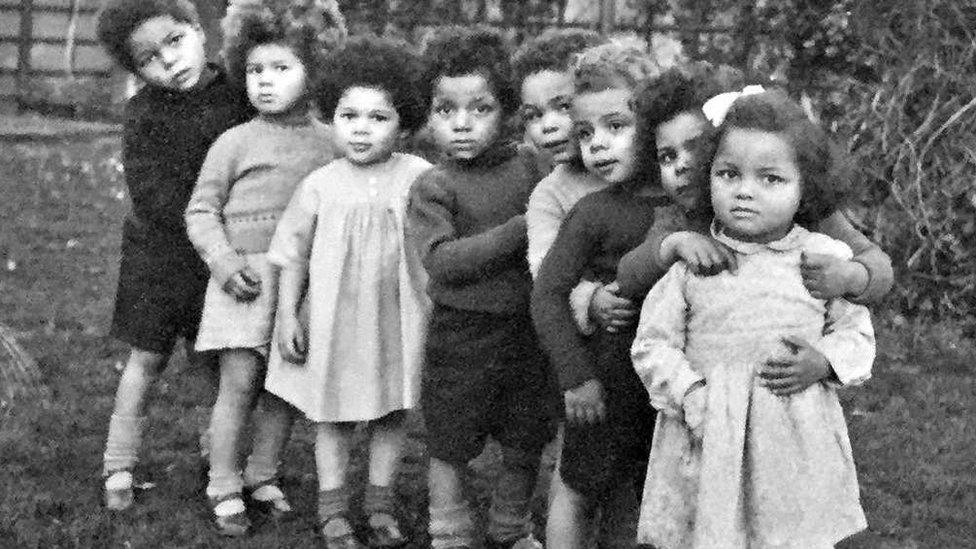Exploring my mixed heritage identity
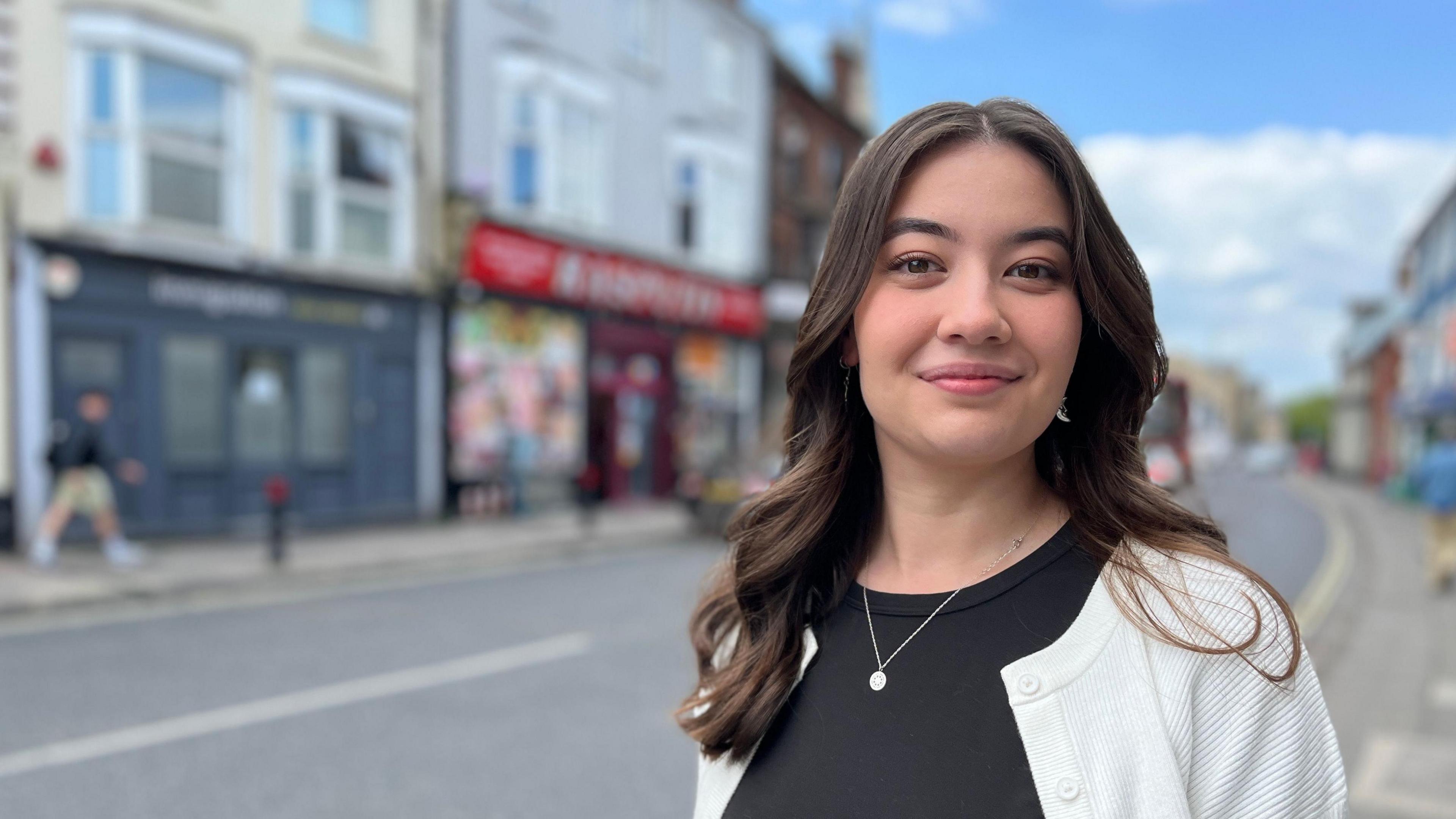
Student journalist Alice Marsh has researched the increase in mixed heritage families in the UK, including her own
- Published
"Having grown up mixed race in a predominantly white town, I have always dealt with not feeling like I fit here, or not feeling like I fit in with my mixed heritage."
Those are the words of Alice Marsh, who grew up in Ipswich. Her mother is Japanese and her father is English.
Her identity, and that of other people who are mixed heritage, is something she has explored in a podcast, produced as part of her journalism course at the University of East Anglia, external in Norwich.
"I have felt like this my whole life and I just wanted to know if it was a joint feeling," she said.
How the UK is changing
The 2021 census, external showed that 10.1% (2.5 million) of households in England and Wales consisted of members identifying with two or more different ethnic groups, an increase from 8.7% (2.0 million) in 2011.
For her MA in broadcast and digital journalism, Ms Marsh's project included interviewing her parents, Richard and Yukie.
"It was quite difficult. I mean, we'd never really spoken about their personal difficulties," she said.
"They were quite shocked about my personal experiences. They didn't expect me to have such a difficult time with my identity.
"But it was quite interesting to hear their point of view."
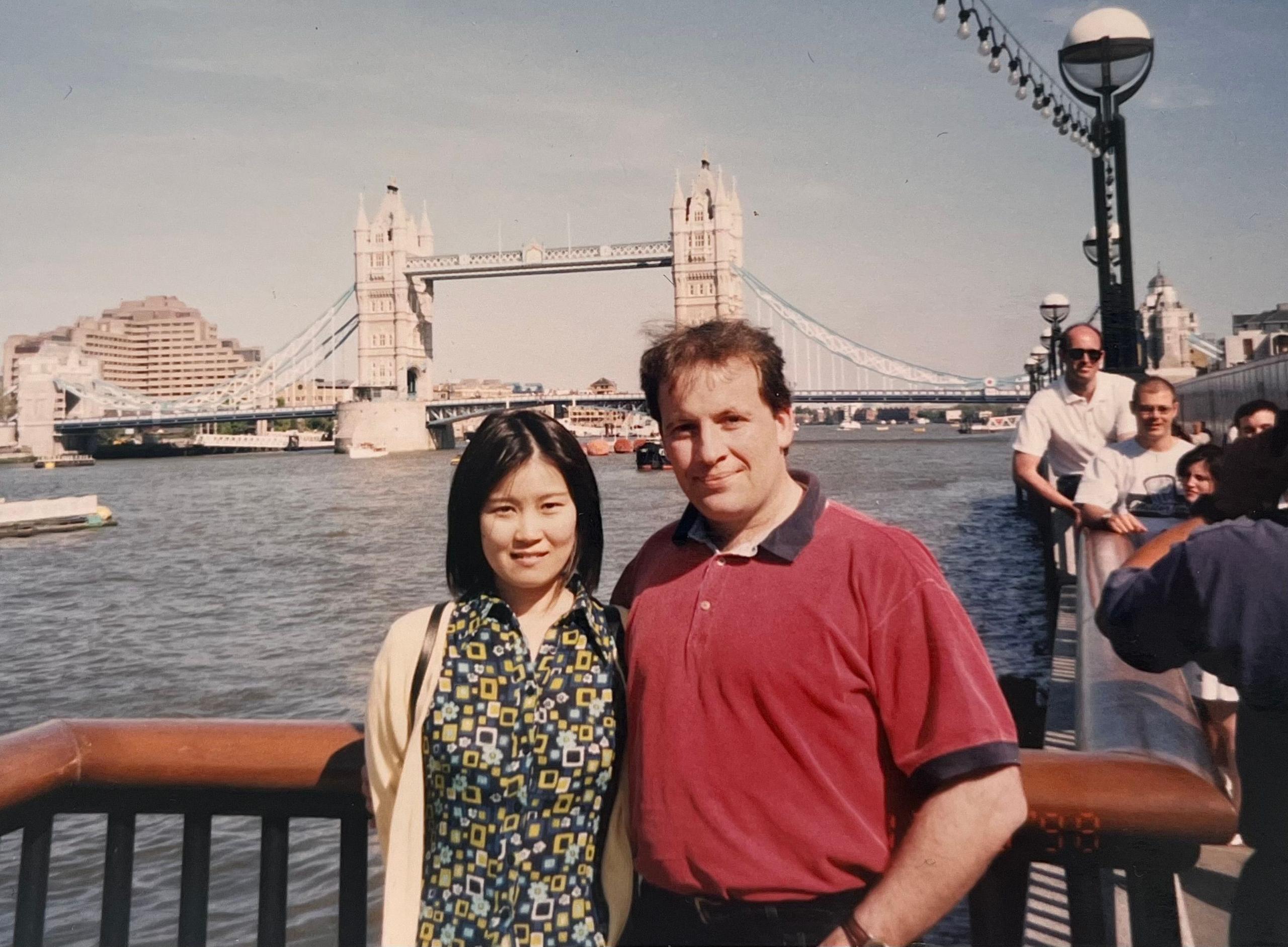
Yukie and Richard Marsh said they both experienced rude and unkind comments after they were married
As part of the podcast, external, her father shared a story from when he started a new job.
He was talking about his wife to a new colleague he was getting to know, who then responded "Oh, Where did you find her? On the internet?".
"Which kind of surprised me," said Richard.
"It was just sort of laughed off, but it annoyed me because she's insulting my wife and insulting me as well.
"It made me think, do other people think it?"
Her mother told Alice she still experienced discrimination 30 years after moving to the UK.
She said: "When I talk on the phone, I'm often told 'can I speak to somebody who speaks English?'
"They don't accept any kind of accent."

Dr Shannon Philip's current research explores youth, masculinities, sexualities, urban transformations, and gender relations in South Africa and India
Ms Marsh also interviewed Dr Shannon Philip, external, a lecturer in sociology at UEA, about research into people's experiences of having a dual identity.
"There are a lot of misconceptions about mixed race people and the beginning of the problem is with colour and colourism," he said.
"Society privileges certain types of mixed race people based on skin colour and disadvantages others.
"The closer you are to whiteness, the more privilege; the further away you are from whiteness, the more biases and negative oppressions you experience.
"Belongingness, and sense of belonging, and what it means to be British is quite a subjective experience.
"It's often white people and white ways of living and being that are associated with what being British means.
"Actually it becomes a quite important question what Britishness is and then see where mixed race people and people from different ethnic backgrounds fit in, because often they're excluded."
- Attribution
Follow Suffolk news on Facebook, external, Instagram, external and X, external. Got a story? Email eastofenglandnews@bbc.co.uk, external or WhatsApp us on 0800 169 1830
Related topics
- Published30 January 2022
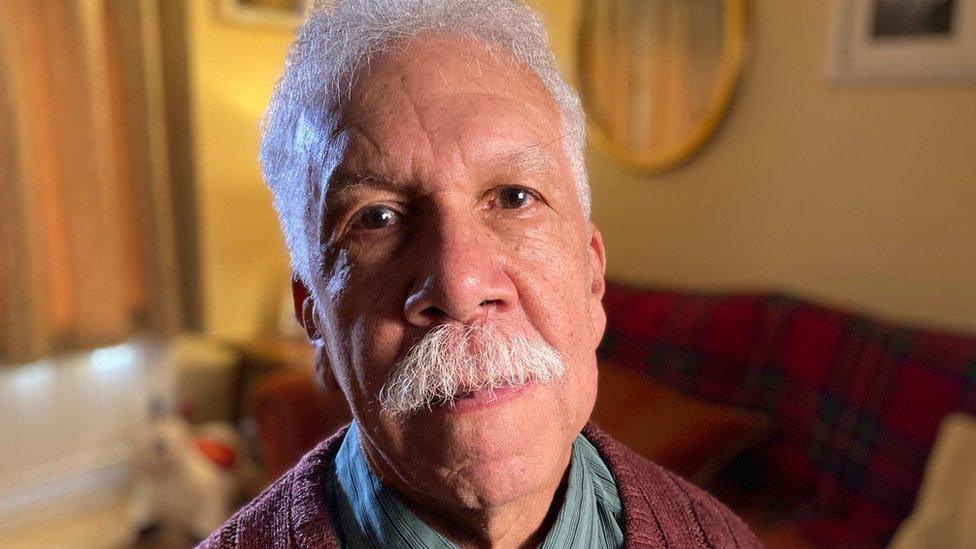
- Published20 April 2024
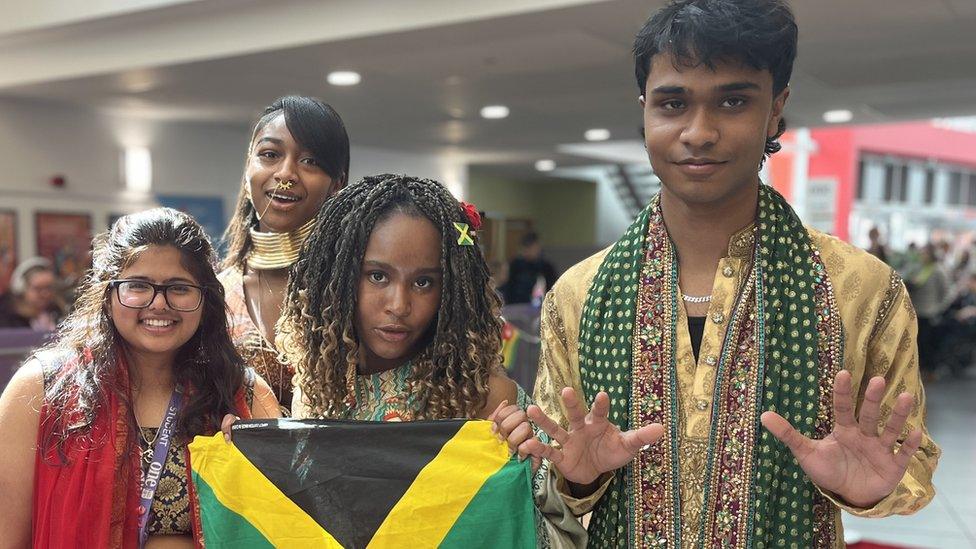
- Published17 May 2019
